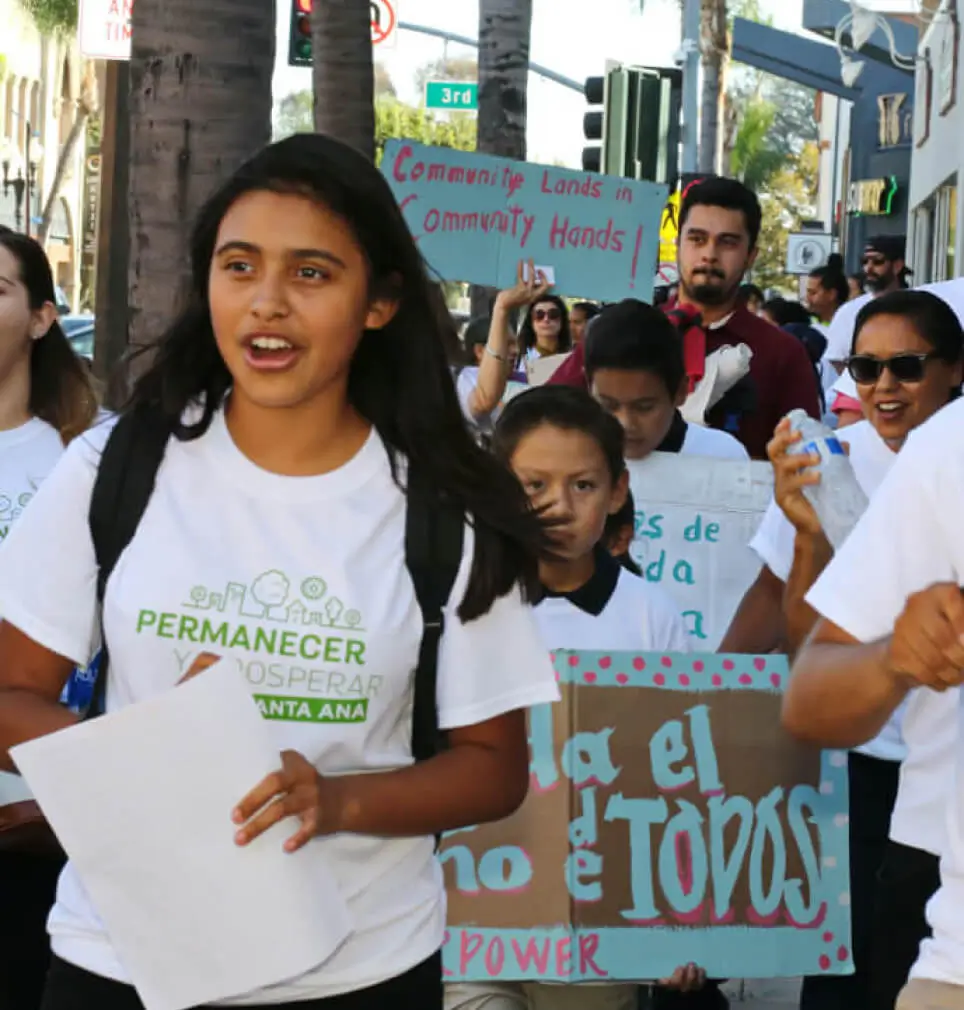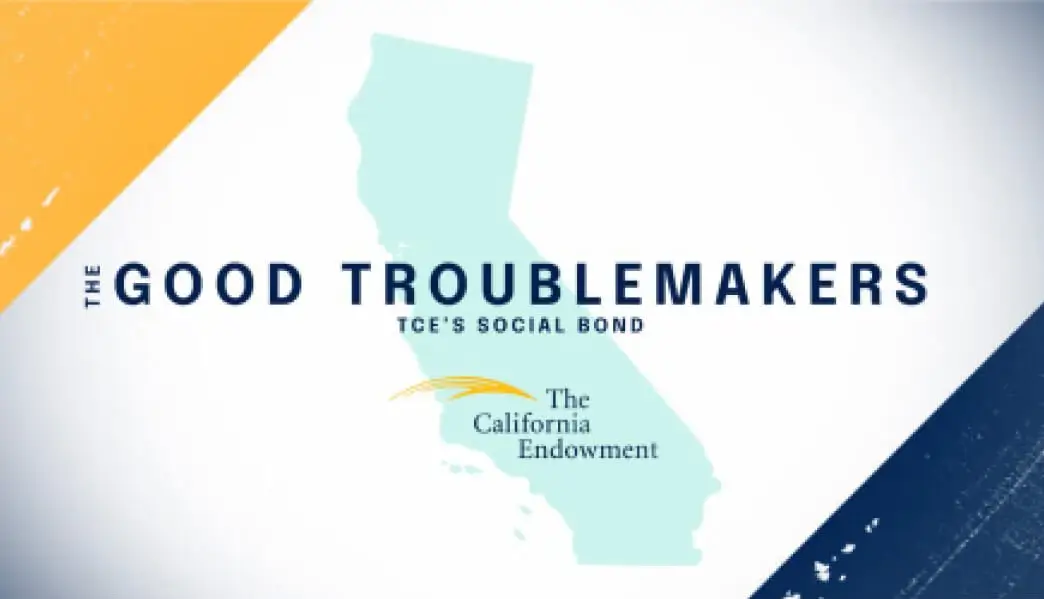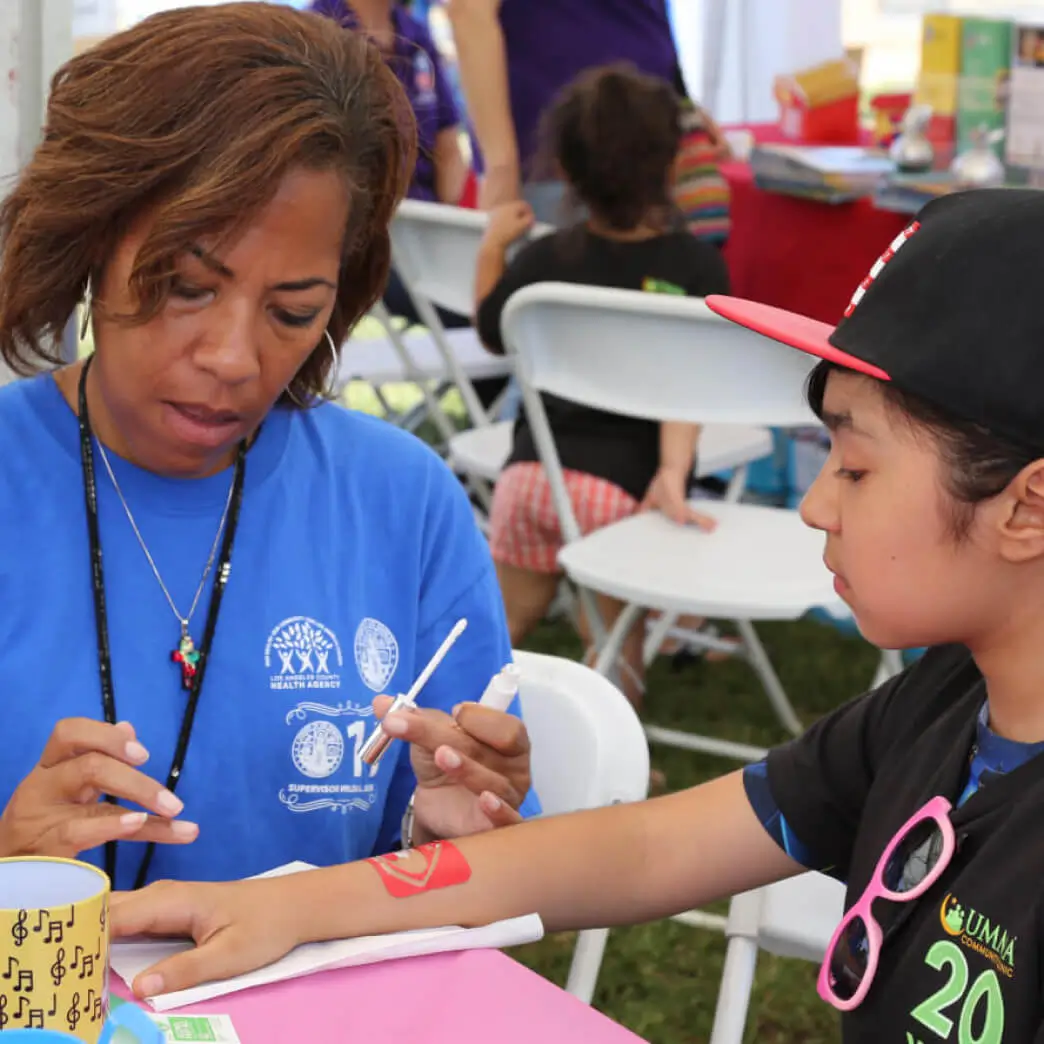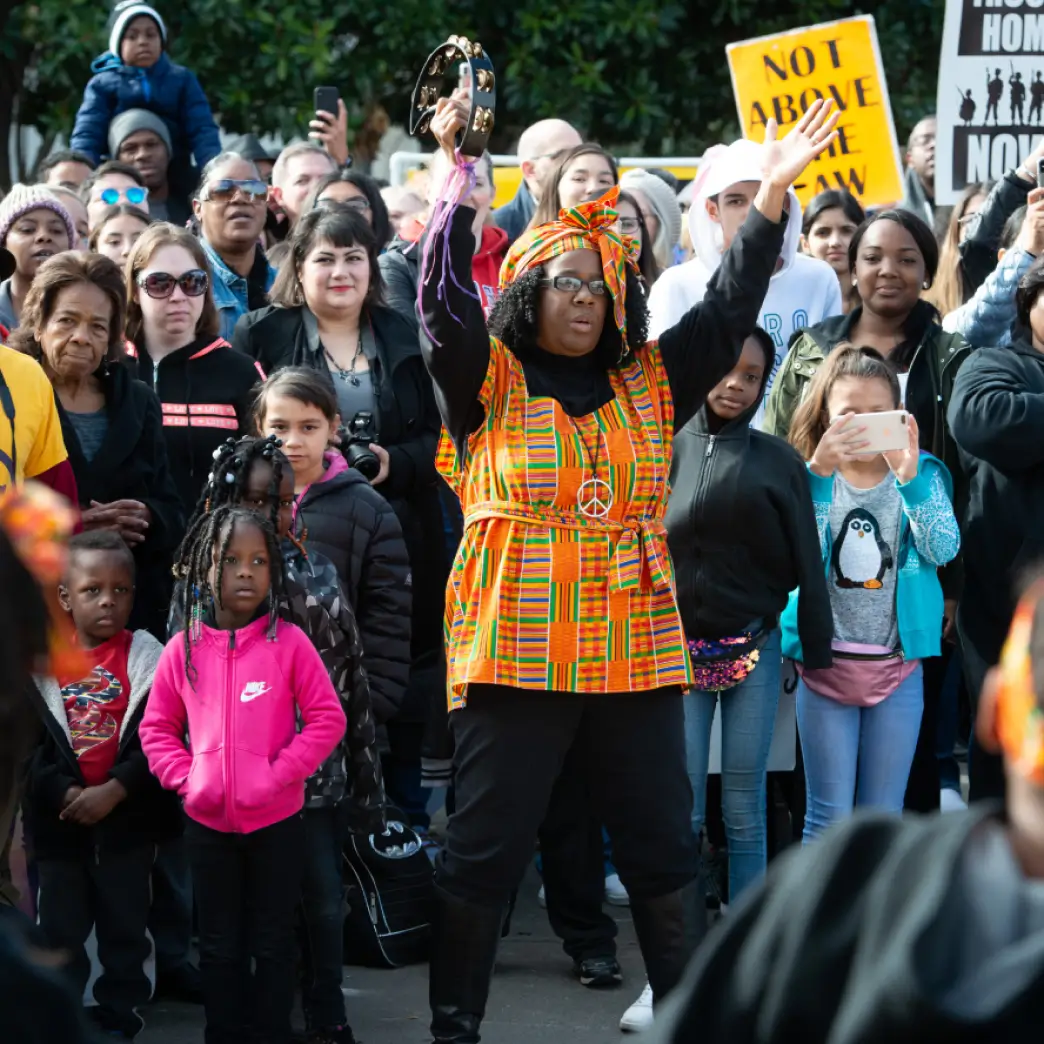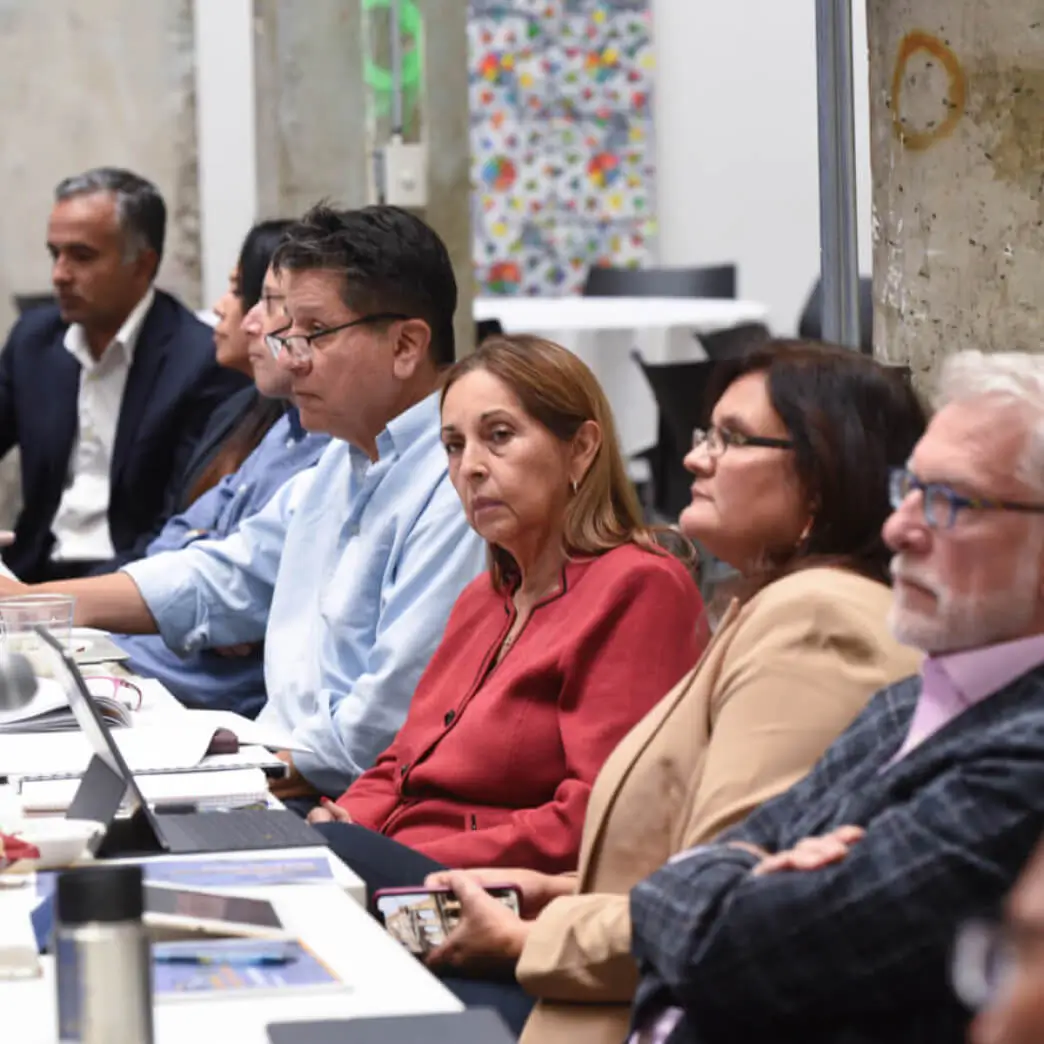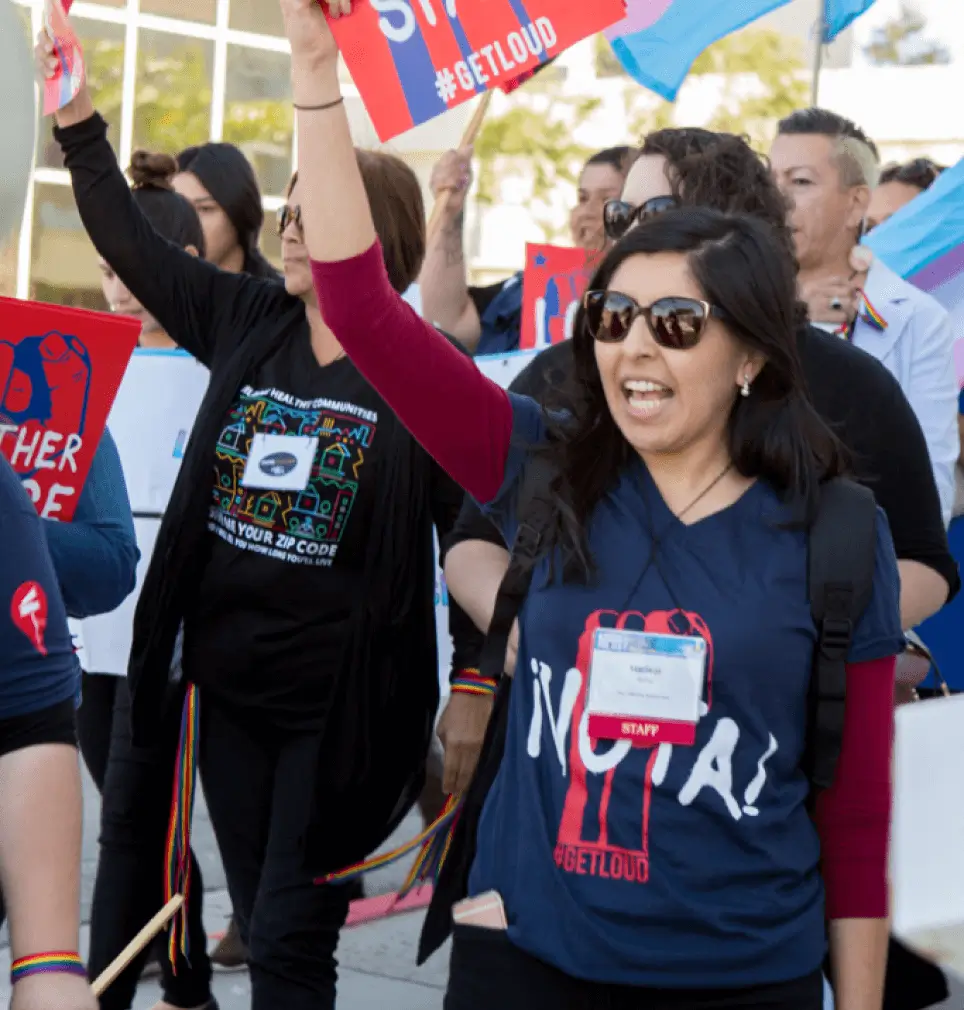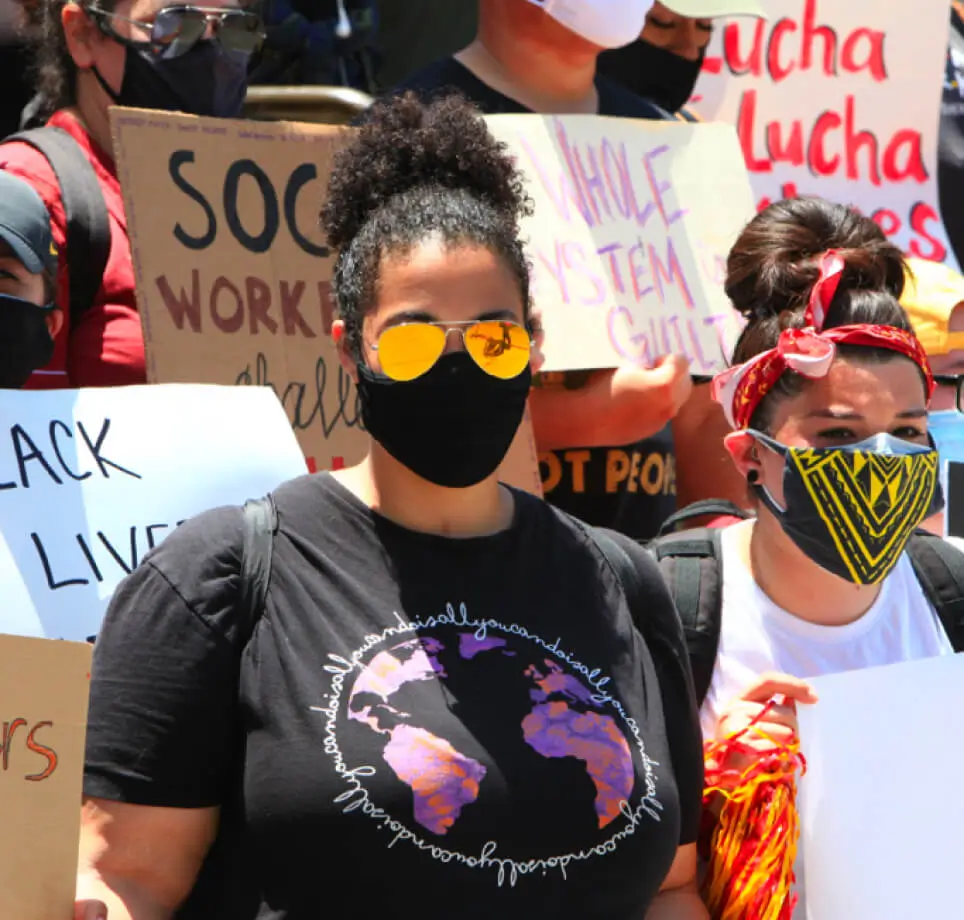Goal
- Strengthen and grow power-building infrastructure that centers organizing for transformative systems change
Outcomes / Impacts
- Network of innovative regional and statewide centers
- Capital that supports exponential growth
- More BIPOC-led grassroots organizing groups
Focus Areas
- Resource Sharing
- Infrastructure/Centers
- Leadership Development
Goal
- Create a health system that advances racial equity by addressing prevention and coverage, strengthening community governance and building a diverse health workforce pipeline.
Outcomes / Impacts
- Dedicated funding mechanisms to accelerate health system transformation and workforce diversity
- Statewide and local infrastructure for policy advocacy and campaigns for community-centered and community-led health system reforms
Focus Areas
- People Power and Community Collaboratives
- Policy and Advocacy Infrastructure
- Financing for Health
- Democratized Data and Information
See Health Care System Transformation in Practice
Read more about how we're transforming the health system across the state of California.
Goal
- Invest in communities most affected by the harmful impacts of climate change
Outcomes / Impacts
- Practices and policies that prioritize racial equity, and honor tradition and culture
- A galvanized climate justice movement that values marginalized voices and communities
- Regional approaches that connect to a unified climate action agenda
Focus Areas
- Climate and Environmental Justice
- Long-term Community Recovery and Resiliency
- Rural, Tribal, and Unincorporated Communities
See the Steps We're Taking Towards Climate Resiliency
Read more about how we are investing in community-led climate resiliency across California.
Goal
- Grow strategic knowledge, learning capacity and data infrastructure to support powerbuilding for systems transformation
Outcomes / Impacts
- Community-centered learning
- Collaborative learning networks
- Tested theories of powerbuilding
- An expanded bench of the next generation researchers/evaluators
- Sustainable statewide learning networks
Focus Areas
- Learning Network Capacity
- Knowledge and Assessment of Power
- Innovation, Learning and Strategy



